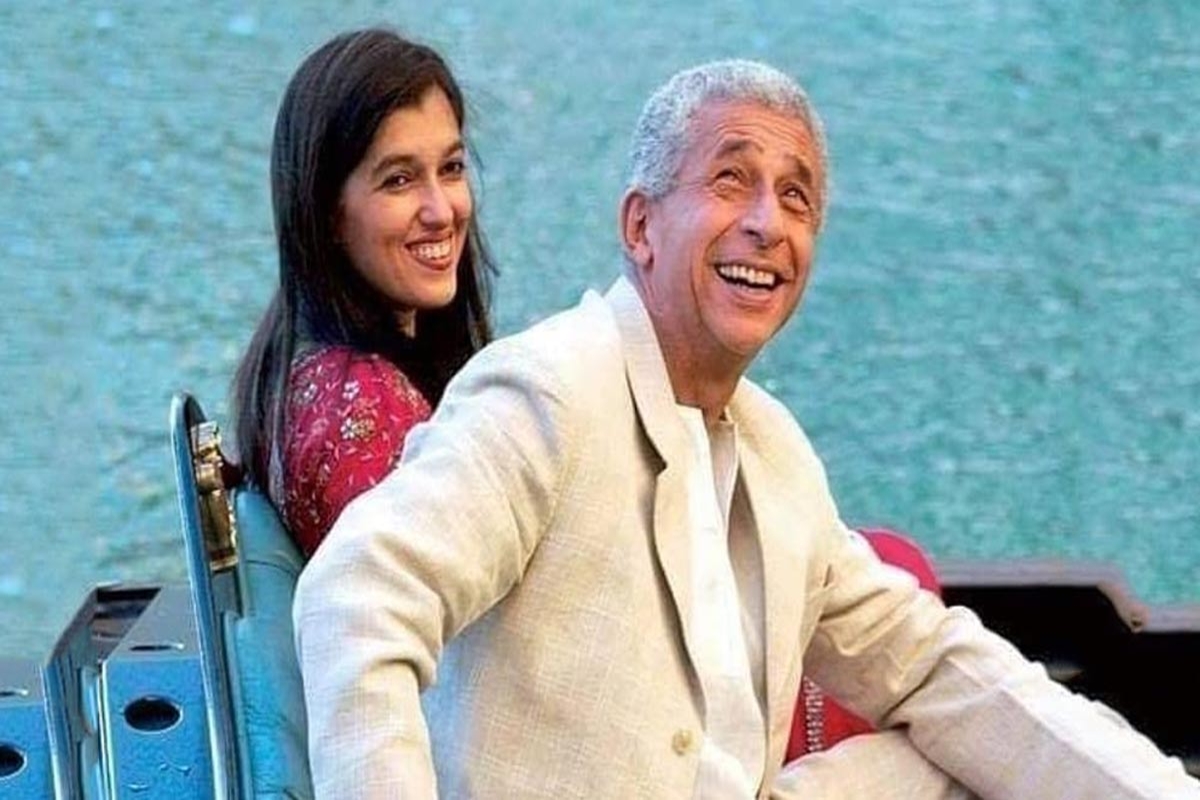8 years on, ‘Kapoor & Sons’ still a timeless favorite!
Actor Sidharth Malhotra celebrates the 8th anniversary of 'Kapoor & Sons' with a heartfelt tribute, reminiscing about the timeless appeal of the beloved film.

Naseeruddin Shah recently wrote a heartfelt letter in the National Herald, opening up about his Hindu-Muslim love and interfaith marriage with Ratna Pathak Shah. He expressed his disappointment with the current political climate that has needlessly questioned their union.
Their enduring bond, built over 41 years, has been evident in their public interactions. They have shared their love story and admiration for each other with the media many times.
In his recent reflection on his relationship with Ratna, Naseeruddin Shah expressed his dismay at facing questions about their marriage after so many years together.
Advertisement
He conveyed, “I had no compunctions or hesitation about marrying a Hindu, and vice-versa. I didn’t dream that some retired spouse of a former cabinet minister would, 38 years after my marriage, confront me with ‘no one said anything when you married outside your religion,’ stopping just short of accusing me of love jihad but clearly implying that my time was now up.”
He went on to mention that only his mother raised the topic of Ratna converting to Islam once, more as an inquiry.
Her response to his negative answer was that faith couldn’t be changed, as she said, “Haan, mazhab kaise badla jaa sakta hai (Yes, how can faith be changed).”
Naseeruddin Shah refrained from imposing his view and instead allowed the reader to judge. Her statement, delivered by a woman well-versed in the Quran, was open for consideration. They drew a comparison between her perspective and the hate-filled rhetoric that suggests ‘Hindus and Muslims cannot live together.’
Naseeruddin Shah emphasized that his enduring union with a Hindu woman for 40 years, accepted without question by both families, serves as proof that it is not only possible but desirable for Hindus and Muslims to coexist. He pondered on the origin of this poison or if the seeds of hatred sown during Partition had been slowly growing all this time.
He concluded by expressing pride in the fact that their home had always transcended religious affiliations, devoid of religious icons on the walls. Their children did not grow up within a specific religion. Instead, the duo educated them with all faiths. Naseeruddin Shah, however, chose not to share his own skepticism about religious rituals with them.
Advertisement